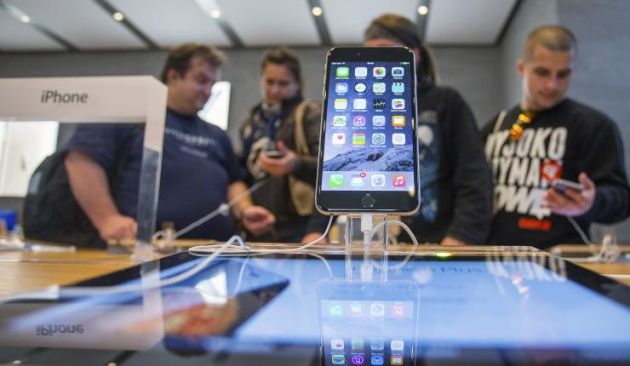iPhone 7 release date, specs, rumors: Apple switches third of A9 chip production away from Samsung to TSMC for next iPhone
Apple Inc. is reported to have taken a last minute decision to grant Taiwan Semiconductor Mfg. Co. Ltd. (TSMC) 30% of the total orders for the A9 chip to be used in its upcoming iPhone.

Over the last few months, there have been conflicting media reports about whether Samsung Electronics Co. or Taiwan Semiconductor Mfg. Co. Ltd. (TSMC), the world's biggest chips contract manufacturer, would produce chips for Apple. Prior to the legal disputes between the two companies that began from 2011, Samsung used to manufacture the processors for all the previous iPhones. However, Apple entered into a deal with TSMC in 2013 to produce A8 processors for its iPhone 6 and iPhone 6 Plus devices, in order to diversify its supply chain resources and reduce its dependence on Samsung.
Both TSMC and Samsung have incurred massive capital expenditures to secure orders from Apple and Qualcomm Inc. in the more than $300 billion semiconductor industry. TSMC has invested a record $12 billion in plants and equipment, while Samsung incurred a capital expenditure of $3.7 billion towards its processor business in 2014 and could increase that to $4.9 billion in 2015. Samsung is also investing $15 billion in a new chip plant coming up outside Seoul.
Samsung uses an advanced 14-nanometer manufacturing process to produce smaller chips that consume less energy and provide more processing power, thus outpacing TSMC, which had earlier admitted that it would lose ground to Samsung in the most-advanced chip technology before reclaiming the upper hand in 2016.
Recently, it had been reported that Samsung had secured a big deal for supplying the A9 chip to be used in Apple's upcoming iPhone, replacing TSMC as the company's favored chip supplier for its most important products. Fresh media reports now claim that since Samsung is producing the 14nm chips for its own Galaxy S6 and Galaxy S6 Edge, which are in high demand, Apple believes that the company will be unable to meet its chip requirements. Hence, Apple has decided to give 30% of the chip orders to TSMC, thanks to the chip maker's latest 16nm FinFET Turbo technology delivering a high performance and yield rate. "Recruiting TSMC reduces supply uncertainties for Apple," according to the report.